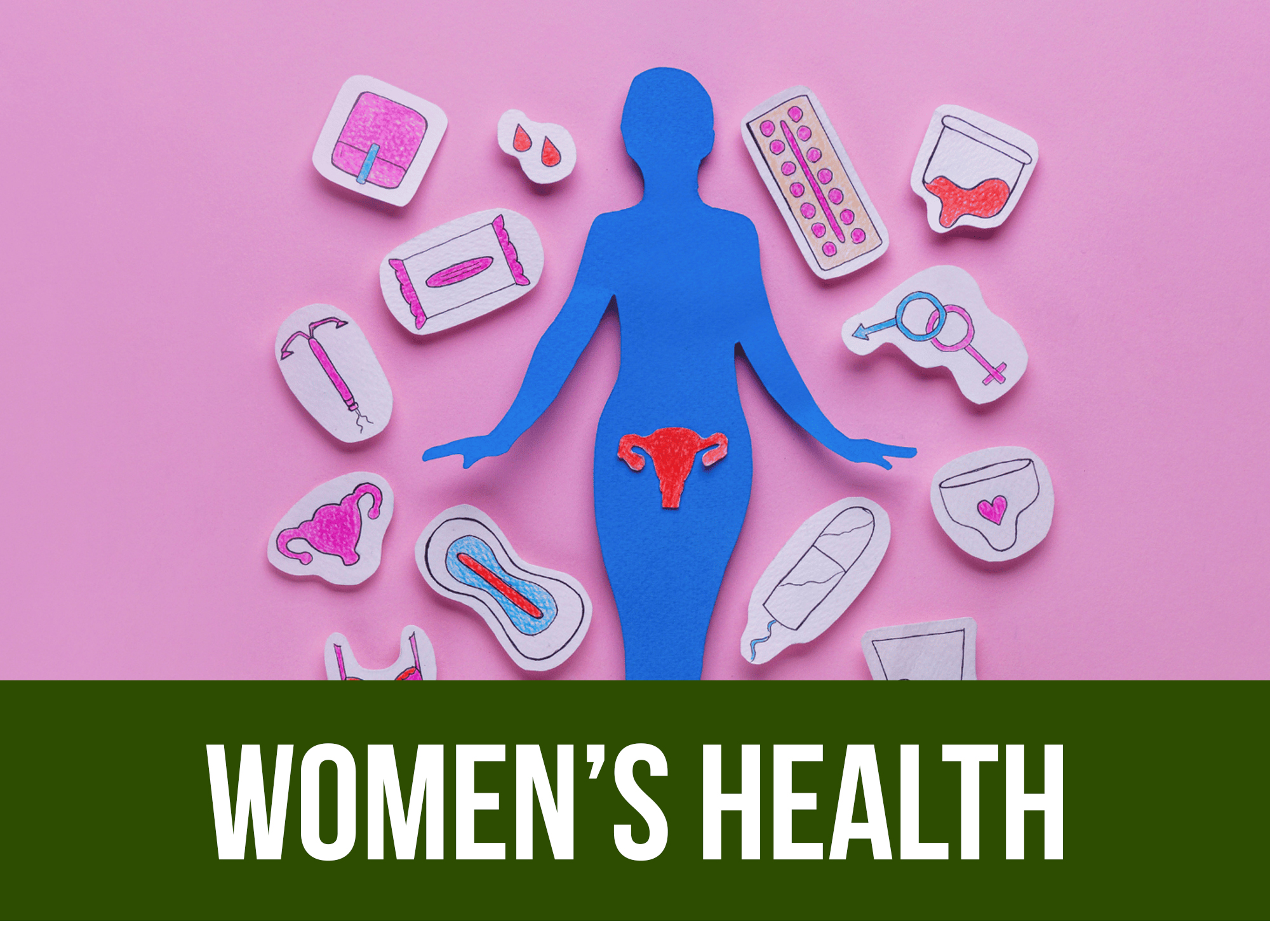
Why Breastfeeding Nutrition Matters
The first few months after delivery can feel overwhelming for new moms. Along with adjusting to your baby’s routine, your body is healing and working hard to produce milk. This is why breastfeeding nutrition is so important. The foods you eat directly impact your energy levels, recovery, and the quality of breast milk your baby receives.
While breast milk contains nearly everything your baby needs, your diet helps ensure that you stay strong, energized, and well-nourished. A well-planned diet for breastfeeding mothers can also help prevent nutrient deficiencies, fatigue, and low immunity.
Key Nutrients for Breastfeeding Mothers
Here are the most important nutrients that should be part of every healthy diet for new moms:
1. Protein
Protein aids in tissue repair and milk production. Add foods like lentils, beans, eggs, chicken, fish, paneer, tofu, and nuts to your diet.
2. Calcium
Breastfeeding draws calcium from your bones, so replenishing it is crucial. Good sources include milk, curd, cheese, ragi, sesame seeds, and leafy greens.
3. Iron
Post-delivery recovery often increases iron needs. Include spinach, beetroot, jaggery, dates, lean meat, and legumes. Pairing iron-rich foods with vitamin C (like lemon or orange) improves absorption.
4. Healthy Fats
Omega-3 fatty acids are essential for your baby’s brain and eye development. Add walnuts, chia seeds, flaxseeds, and oily fish like salmon to your breastfeeding diet plan.
5. Vitamins & Minerals
Fresh fruits and vegetables provide a wide range of vitamins and antioxidants that support immunity and overall health.
6. Hydration
Water is often overlooked but critical. Aim for 8–10 glasses daily. Herbal teas, soups, and coconut water are excellent hydrating options.
Foods to Eat While Breastfeeding
-
Whole grains like oats, brown rice, quinoa
-
Protein-rich dals, legumes, and lean meats
-
Nuts and seeds for healthy fats
-
Fresh fruits and vegetables
-
Traditional lactation-boosting foods like fenugreek, fennel, and gondh laddoos
Including these foods in your postnatal nutrition plan ensures that both you and your baby get the best nourishment.
Foods to Avoid While Breastfeeding
Not all foods are ideal during this stage. Some can make your baby irritable or affect digestion.
-
Limit caffeine (tea, coffee, energy drinks) to one cup a day.
-
Avoid alcohol, as it passes into breast milk.
-
Cut down on fried or heavily processed foods.
-
Watch out for very spicy or gas-forming foods (like cabbage or cauliflower).
Every baby is different, so notice how your baby responds to your meals and adjust your breastfeeding foods to avoid accordingly.
Practical Nutrition Tips for New Moms
-
Eat small, frequent meals to maintain steady energy.
-
Keep quick snacks ready like fruit, roasted makhana, or boiled eggs.
-
Don’t skip breakfast — start with something filling like oats or vegetable poha.
-
Include traditional recipes like sesame laddoos or methi parantha for recovery and lactation support.
-
Listen to your hunger cues — breastfeeding increases appetite, so fuel your body with wholesome foods.
Final Thoughts
A healthy diet for breastfeeding mothers is not about strict rules but about nourishing your body with the right balance of proteins, calcium, iron, and healthy fats. By focusing on whole, nutrient-rich foods and staying hydrated, you can recover faster, feel energized, and give your baby the best start in life.


Nice
September 8, 2025 by Manisha